Hypertension Symptoms
Covering hypertension symptoms in women, in pregnancy, signs, causes and treatment
Symptoms of high blood pressure are a cause of concern amongst doctors. The reason being that hypertension signs often never really show not until things are out of hand or are getting complicated. Complications can include organ failure or even stroke. Mild to moderate essential hypertension is most times asymptomatic.
What causes hypertension is unknown in the case of essential hypertension. In fact, causes of low blood pressure are better known than causes of hypertension. However, secondary hypertension causes are known and these have to do with underlying primary issues such as diabetes, heart disease or even kidney disease. Some signs and symptoms of high blood pressure in fact arise due to these secondary medical causes of hypertension. For example, high blood pressure in patients with pheochromocytomas (tumors of the adrenal gland which produce excess adrenaline) is sustained but episodic from minutes to hours manifesting as headache, anxiety, palpitation, profuse perspiration, pallor, tremor (nervous shaking), heat intolerance, nausea and vomiting.
Pulmonary hypertension occurs when the blood pressure in the pulmonary arteries which carry oxygen and blood from the heart to the lungs is much higher than is normal. This type of hypertension has its own specific symptoms well known as pulmonary hypertension symptoms.
Hypertension symptoms and diagnosis are two important aspects in high blood pressure treatment. Hypertension is diagnosed when systolic blood pressure (SBP) is accurately measured. There should be high systolic blood pressure of 140mm Hg or greater. High diastolic blood pressure of 90mm Hg or greater when accurately measured is used to diagnose high blood pressure. Accurate and trusted blood pressure machines such as but not limited to Omron blood pressure monitors are used to ensure correct readings. Inaccurate blood pressure readings can be a health hazard.
Hypertension symptoms in Children
There are specific symptoms of high blood pressure in children and infants. These would include failure to thrive, seizures, irritability or lethargy, respiratory distress, fatigue, blurred vision, epistaxis (nosebleed or hemorrhage from the nose) and bell palsy.
Hypertension symptoms in women and in pregnancy
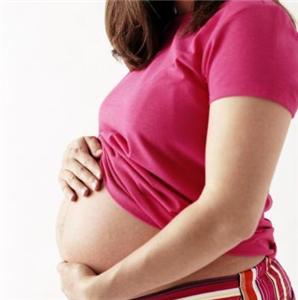 High blood pressure can happen to anyone at anytime. Gender is a specific consideration when dealing with hypertension. Research shows that until the age 55 men are more in number than women amongst hypertensive patients. There after the number is biased towards women making menopause and high blood pressure of particular importance to women.
High blood pressure can happen to anyone at anytime. Gender is a specific consideration when dealing with hypertension. Research shows that until the age 55 men are more in number than women amongst hypertensive patients. There after the number is biased towards women making menopause and high blood pressure of particular importance to women.
For a long time the use of contraceptives in women was amongst the contributors to hypertension. This was essentially because oral contraceptives back then contained amounts of estrogen and progestin which have since been drastically reduced in today's pills. However, women who smoke, drink and use contraceptives have a greater risk of high blood pressure even as much as 15 times. Quitting smoking and drinking are essential in hypertension treatment. Women who under go hysterectomy (the surgical removal of all or part of a woman’s uterus) have a greater risk of high blood pressure possibly because the uterus produces chemicals that regulate high blood pressure.
In pregnant women pregnancy induced hypertension (PIH) accounts for a significant percentage of pregnancy complications. PIH simply refers to hypertension that comes to exist just because one is pregnant or associated with changes in the body brought about by pregnancy. The following is list of specific symptoms of high blood pressure in pregnancy;
- Blood pressure reading above 140/90mm Hg
- Protein presence in urine - associated with damaged kidney filter
- Sudden weight gain
- Headache
- Abdominal pain
- Nausea and dizziness
- Vision disruption - blurred or double
- Swelling of face and neck (edema)
- Seeing flashes or spots
Symptoms of high blood pressure may also be related to what is known as portal hypertension. This relates to elevated blood pressure within the extensive and delicate network of veins stretching from the stomach, intestine, pancreas and spleen converging into the portal vein which again splits to smaller veins heading for the liver. Portal hypertension symptoms are not always obvious but may lead to devastating complications. When doctors make reference to hypertension guidelines they do this in the context of specific symptoms of hypertension manifesting in a patient.
Summary of hypertension symptoms
- Headache/morning headache
- Somnolence - drowsiness
- Confusion
- Visual disturbances
- Nausea
- Vomiting
- Tinnitus - ringing or buzzing in ears
- Dizziness
- Shortness of breadth
- Convulsion
- Changes in vision
- Anxiety
- Nose bleeds
- Increased urination frequency
- Pale skin
- Chest pains
- Red skin
- Very high blood pressure
These symptoms often help doctors to prescribe pharmaceutical medication from any of the over one hundred hypertension drugs available or a special hypertension diet such as DASH.
Other Related Topics
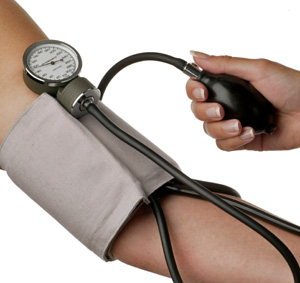 Malignant Hypertension | Generally violent and lethal, malignant hypertension can be avoided by ensuring good routine high blood pressure checks. Follow links to learn more about its definition, symptoms, causes, diagnosis and treatment. Learn More >>>
Malignant Hypertension | Generally violent and lethal, malignant hypertension can be avoided by ensuring good routine high blood pressure checks. Follow links to learn more about its definition, symptoms, causes, diagnosis and treatment. Learn More >>>
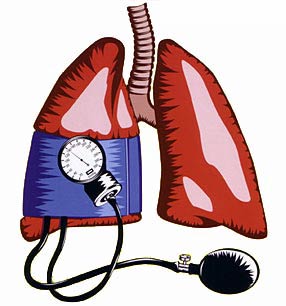 Pulmonary Hypertension | Symptoms of pulmonary hypertension vary from individual to individual. However symptoms of pulmonary hypertension are an important consideration when doctors are arriving at a diagnosis. Learn More >>>
Pulmonary Hypertension | Symptoms of pulmonary hypertension vary from individual to individual. However symptoms of pulmonary hypertension are an important consideration when doctors are arriving at a diagnosis. Learn More >>>
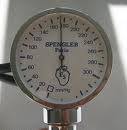 Isolated Diastolic Hypertension | High diastolic blood pressure is generally considered less harmful than isolated systolic hypertension. however there are specific factors that makes it considerably dangerous. Learn More >>>
Isolated Diastolic Hypertension | High diastolic blood pressure is generally considered less harmful than isolated systolic hypertension. however there are specific factors that makes it considerably dangerous. Learn More >>>
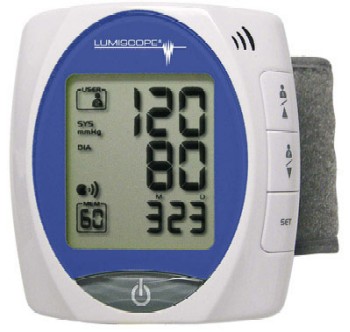 Isolated Systolic Hypertension | High systolic blood pressure is considered more dangerous than isolated diastolic hypertension. Studies have concluded that it targets older members of society. Learn More >>>
Isolated Systolic Hypertension | High systolic blood pressure is considered more dangerous than isolated diastolic hypertension. Studies have concluded that it targets older members of society. Learn More >>>
 Labile Hypertension | Labile high blood pressure is as dangerous as stable hypertension. Interestingly treatment is radically different from the normal high blood pressure. Learn More >>>
Labile Hypertension | Labile high blood pressure is as dangerous as stable hypertension. Interestingly treatment is radically different from the normal high blood pressure. Learn More >>>
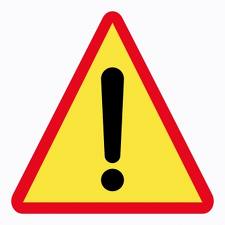 Hypertension Dangers | Dangers of high blood pressure are many. They make it extremely necessary and urgent to bring hypertension under complete control. Interestingly hypertension treatment often achieves this yet millions of people walk about with untreated high blood pressure.
Hypertension Dangers | Dangers of high blood pressure are many. They make it extremely necessary and urgent to bring hypertension under complete control. Interestingly hypertension treatment often achieves this yet millions of people walk about with untreated high blood pressure.
Learn More >>>


